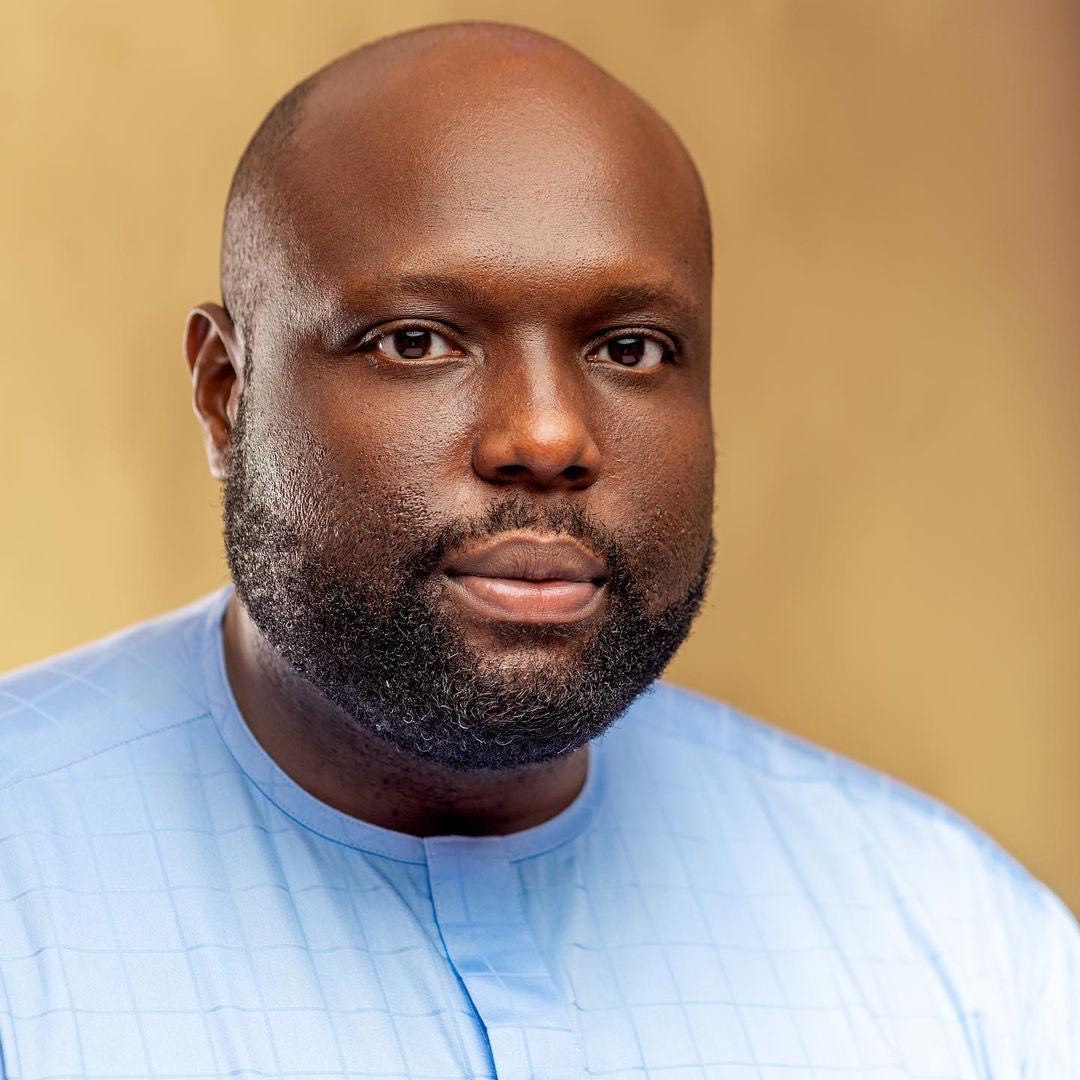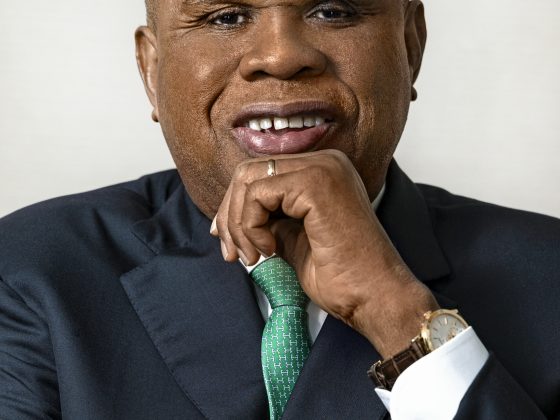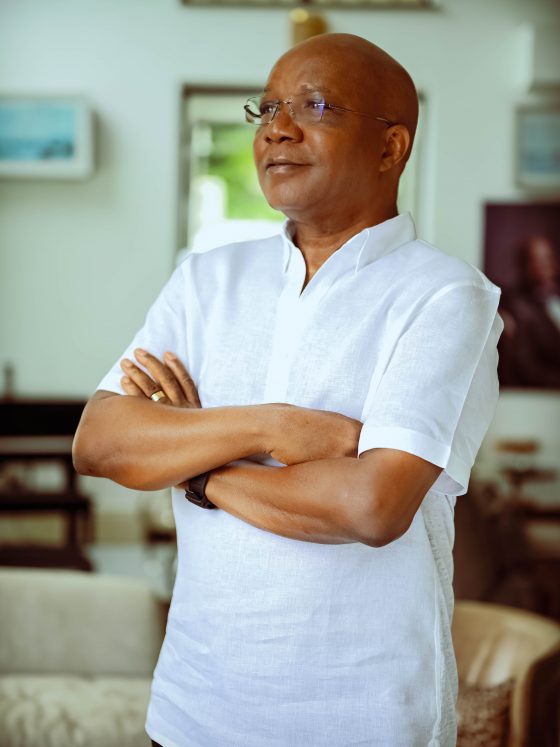At just 38, Distinguished Senator Asuquo Ekpenyong is proving that youth is no barrier to impact. A man of sharp intellect, refined style, and unshakable determination, he has seamlessly navigated the worlds of business, governance, and public service—emerging as one of Nigeria’s most promising political figures.
Born on August 25, 1985, Senator Ekpenyong’s path to success has been nothing short of remarkable. From King’s College, Lagos, to earning a master’s degree with the only Distinction in his graduating class at the University of Reading, UK, his academic brilliance laid the foundation for his impressive career.
His entrepreneurial streak was evident early on when, upon returning to Nigeria in 2009, he founded Iquasu Limited, now the largest indigenous logistics provider in the South-South region. Yet, business alone wasn’t enough—his passion for knowledge-sharing saw him teaching Finance and Banking at the University of Calabar, where he inspired the next generation of leaders.
From steering the Tinapa Business and Leisure Resort to serving as Cross River State’s longest-serving Commissioner for Finance, Ekpenyong’s ability to balance governance, business, and public service is nothing short of masterful. Now, as the youngest Senator in the 10th National Assembly, he’s making waves as Chairman of the Senate Committee on the Niger Delta Development Commission (NDDC), driving conversations and policies that shape the future of the region.
This year, his stellar contributions were further recognised when he received the Young Global Leader of the Year award from THISDAY Newspapers, solidifying his place as a transformative force in leadership and governance.
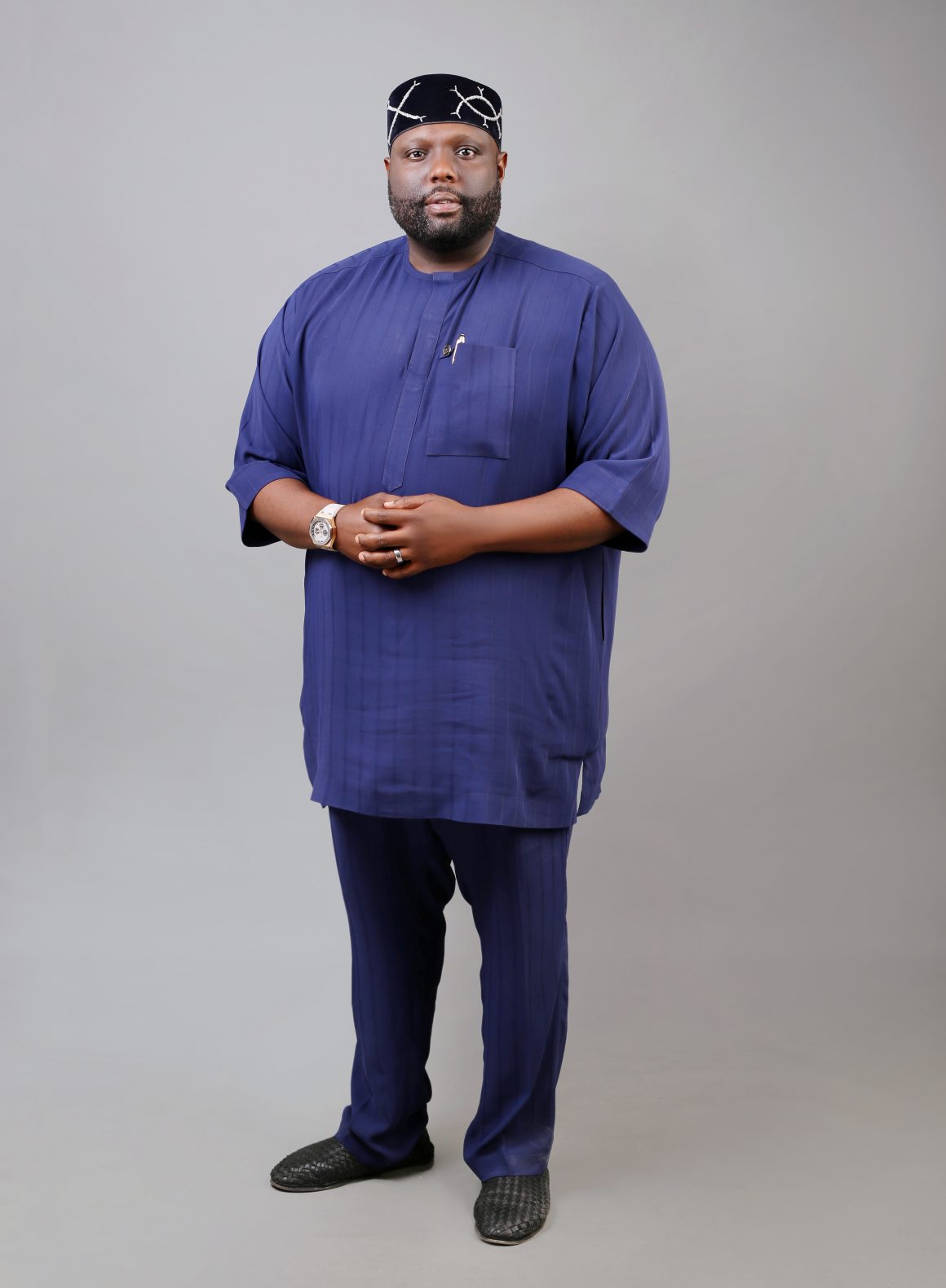
In this exclusive interview with Funke Babs-Kufeji, Senator Asuquo Ekpenyong opens up about his journey into politics, his vision for the Niger Delta, and how his distinctive approach to leadership—and fashion—sets him apart.
Congratulations on being awarded the Young Global Leader of the Year by THISDAY. What does this recognition mean to you personally and professionally?
It’s always a great feeling to be recognised for all the hard work and sacrifices that have been made over the years. It’s especially surreal that the recognition is from an organisation such as Thisday. It was such a special feeling to be in the company of my fellow recipients, men and women whom I greatly respect. A truly fabulous evening made even more special with the presence of my lovely wife, Netanela, who has always been a pillar of strength. But there is also an increased sense of responsibility now that I realise the work my team and I have been doing is being recognised globally. It’s a daunting awareness, but we must strive to do more.
You are now part of an elite group of young global leaders. What does it mean to you to be in this community, and how do you plan to engage with other global leaders to bring positive change?
From my time as Commissioner for Finance in Cross River State, and even more so in the Nigerian Senate, I have been privileged to be part of global platforms that enable me to express views close to my heart. The inter-parliamentary union, the ECOWAS Commission, and the United Nations annual parliamentary hearing are just some of the platforms that have enabled me to express my views on issues close to my heart, such as social development, the environment, achieving lasting peace in the Middle East, and policy reforms to boost economic growth in Nigeria. Being a part of this elite group of young leaders brought together by Thisday will enable me to broaden my horizon even further as my fellow recipients are specialists in diverse fields such as Energy, Power, Advertising, Music, Information Technology, and a lot more. I am very excited about the prospects that lie ahead.
Your rise to prominence in Nigerian politics has been remarkable. What motivated you to pursue a career in public service?
Upon graduating from the University of Reading in the United Kingdom with a Bachelor’s Degree in Economics and a Master’s Degree in International Banking and Financial Services, I knew all I wanted to do was return back to Nigeria and deploy this knowledge for social development. I founded Iquasu Limited, which today has become the biggest indigenous logistics services provider in the South-South region of Nigeria. I have also been a lecturer in the Faculty of Management Sciences at the University of Calabar. I have served as the managing director of the CBN-licensed Chamley Bureau De Change Limited, finance director of Pearland Energy Limited, and member of the board of directors of Ekondo Microfinance Bank Limited. Having already gained extensive experience in the private sector, I confidently embraced the challenge of public service to broaden my expertise and experience.
Having studied Economics and International Banking, how did you transition from a finance background into the world of politics, and what were some of the challenges you faced?
My background in the private sector provided me with a strong foundation in finance and management. Recognising this expertise, His Excellency Prof Ben Ayade, the then Governor of Cross River State, appointed me as the Commissioner for Finance, a position I held for over seven years. One of the most daunting challenges I encountered was the stark contrast in decision-making processes between the private sector and government. In the private sector, efficiency and profit drive rapid decision-making when allocating resources, whereas in government, resource allocation often takes longer due to their far-reaching impact on people’s lives and factors that go well beyond efficiency. In my view, public service carries a much greater burden of responsibility, as every policy choice directly affects communities and their well-being.
From your experience in public service, what are some of the challenges you’ve faced as a young leader, and how have you overcome them?
In addition to slow decision-making, another significant challenge in government is resistance to change. The entrenched culture of “this is how we’ve always done things” can make it difficult to introduce new ideas or reforms. Young leaders, in particular, often face scepticism about their ability to lead. Additionally, there is a widespread reluctance in public service to embrace technological advancements. Overcoming these challenges requires a strategic approach, along with patience, resilience, and unwavering dedication. Most importantly, it takes hard work to demonstrate competence and to earn the trust of colleagues. With persistence and the right approach, it is possible to overcome doubts and gradually win people over.
You’ve held multiple influential roles, from Commissioner for Finance to Chairman of the NDDC Committee. How has each of these experiences shaped your leadership style?
Each role comes with its unique challenges. In the executive branch, it is more about implementation, while the legislature focuses on representation, oversight, and law-making. Each has its unique leadership style. Decisions in the executive can be implemented in a more individualistic style, while in the legislature, it requires more debate and consensus building. I believe both experiences have made me more rounded from a personal and professional perspective.
Your leadership has been widely regarded for its innovation in governance. Can you share some of the key projects or initiatives you’re most proud of in your political career?
The fundamental basis for which I operate is data-driven decision-making. Every decision I make, and implement must have a scientific basis for each action. One of my prouder moments was winning the Senatorial elections. I must be clear that I hold this position in trust and on behalf of the people of the southern senatorial district of Cross River State. But I must also admit that running a campaign that stuck 100% to the issues and winning the trust and confidence of the electorate of the Southern District against perhaps very formidable and entrenched political forces remains a humbling moment of my life. The opportunity to directly and positively impact the development of our people at this material time is a feat I am proud of.
With Nigeria facing complex challenges, what are the most pressing issues you believe need immediate attention, and how are you working toward addressing them?
Undoubtedly, tackling inflation and driving economic growth are among the most pressing challenges we face. I am working closely with the Governor of Cross River State, His Excellency Senator Bassey Edet Otu, the President of the Senate, His Excellency Senator Godswill Akpabio, and my esteemed colleagues in the Senate. Guided by the Renewed Hope Agenda of President Bola Tinubu, we are committed to implementing policies and legislative frameworks that will provide much-needed relief to our people. While early signs of progress are emerging, there is still a great deal of work to be done to achieve lasting economic stability and prosperity.
As the youngest senator in the 10th National Assembly, what unique perspective do you bring to the Nigerian political landscape?
I believe I bring the energy and perspective of youth, the willingness to embrace new technology, and the realisation that every decision must be made from the lens of sustainability if we are to preserve our planet for future generations.
You’ve made a significant impact as the Chairman of the Senate Committee on Niger Delta Development Commission. What reforms or initiatives are you most passionate about for the region?
As a member of the Senate Committee on the NDDC, my role is to provide effective and innovative oversight, with a primary focus on addressing the longstanding issues of abandoned projects and systemic inefficiencies. I am deeply committed to infrastructure development in the Niger Delta, as our region has endured the consequences of poor infrastructure and environmental degradation for far too long. Through my oversight responsibilities, I strive to ensure that all programs and projects are not only fit for purpose but also fully implemented. My goal is to drive 100% execution and accountability, leaving a legacy of tangible progress. Fortunately, the current board and management share this vision, creating a strong foundation for meaningful change. The atmosphere of division and disagreement that previously existed in the commission has been completely eradicated, and this administration has entrenched a culture of harmony over the past 18 months. As we know, peace is a panacea for development, and this peace must first be present within the commission before it cascades into the region as a whole.
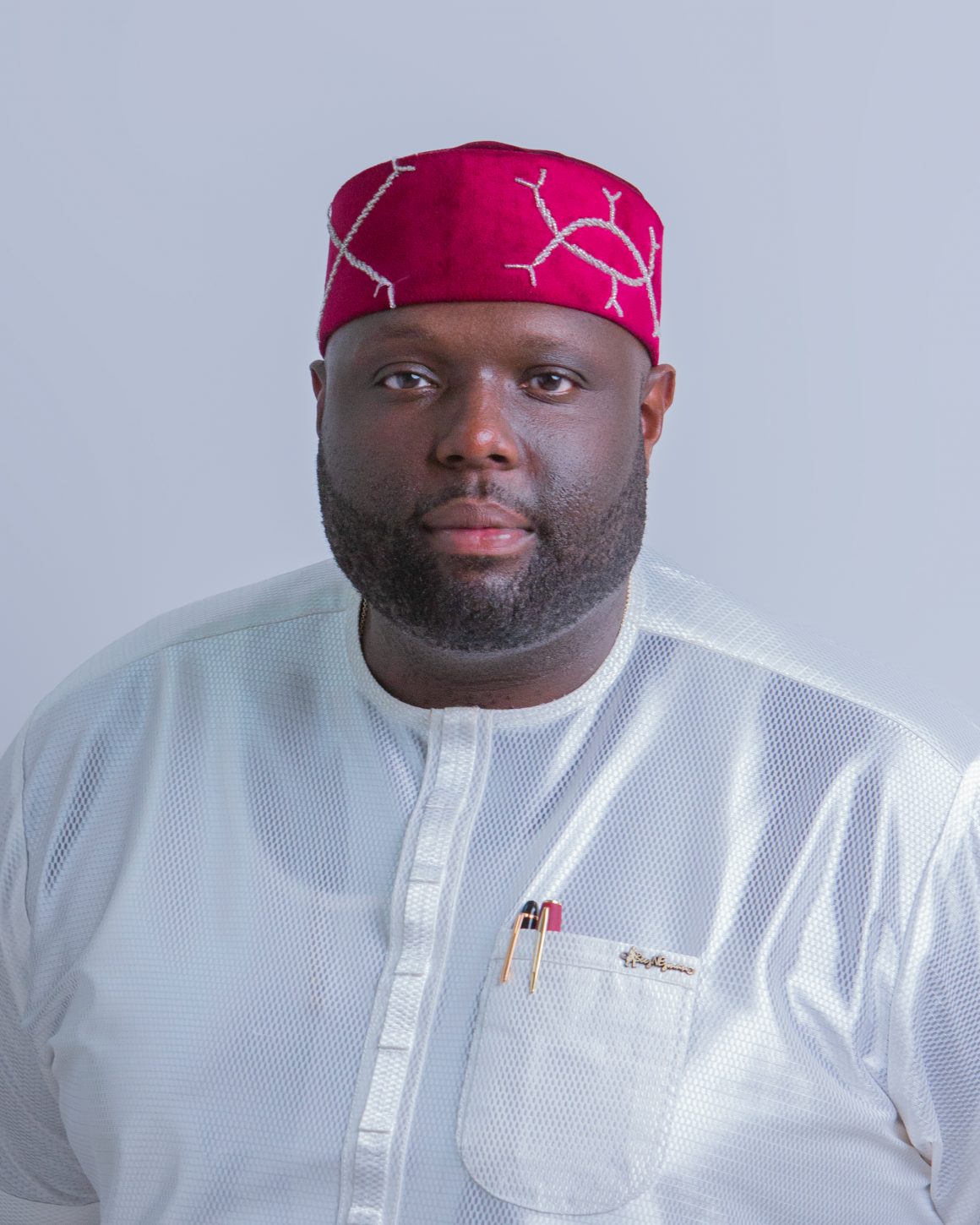
You’ve been deeply involved in finance, including as Commissioner for Finance. How do you envision transforming Nigeria’s economic policies to better serve its citizens?
We must become a more productive economy. We must produce more locally, export more products, import less, and reduce our debt burden. We must look inward and rely less on foreign assistance and instead provide a climate for foreign investment in our country. We must empower our young entrepreneurs, especially those in tech, and create more jobs for our growing youth population, who must be repositioned to be assets and not liabilities to society. We have all the tools and ingredients to achieve these. All we need is the sincerity of purpose and visionary leadership.
The Young Global Leader award recognises both your past achievements and future potential. What are your key goals for the next five years, both in your political career and in your broader contributions to society?
I deeply enjoy the work I am doing in the Senate and would welcome the opportunity to continue serving. However, if I am to return, I must earn the trust and confidence of the people of my Senatorial District, proving that I am the best person to continue to represent them in the Red Chamber. My service is a privilege granted by my constituents, and they will determine my future. My commitment remains unwavering—to make a meaningful impact and contribute to a better world, starting with the Southern Senatorial District of Cross River State.
Can you share any personal style icons or inspirations that influence the way you present yourself publicly?
Nelson Mandela for leadership and love of country. Barrack Obama for his use of technology for youth engagement and the creation of a data-driven political movement. His Excellency Godswill Akpabio for his focus on infrastructure during his time in office as Governor of Akwa Ibom State, and Governor Bassey Otu for his focus on the people and representation during his time in both the Senate and House of Representatives.
As a passionate advocate for youth empowerment, how do you believe Nigeria’s young leaders can contribute to national development in the coming years?
It’s all about resilience, hard work, innovation, and leveraging technology. Young people are already contributing immensely to national development in different areas. The entertainment industry has created a new economy that has necessitated a change in the way GDP is computed. Our Tech experts are creating million-dollar companies and employing thousands of young people. Unicorns, that is, startups valued at over $1 billion, are leading Africa’s economic transformation, and of the eight currently in existence, five are Nigerian. Our sportsmen and women are making waves globally. We must be encouraged to do more.
Finally, for young people aspiring to follow in your footsteps, what advice would you offer on balancing ambition with integrity, especially in a political landscape that can often be unpredictable?
Never let barriers stand in your way—keep pushing forward. Believe in yourself, stay committed, and never take shortcuts. Success built on integrity lasts the longest. Always be mindful of others, as every action has consequences. Lead with empathy, stay true to your values, and remain unwavering in your convictions. Your breakthrough will come—it’s only a matter of time. Keep going, and you will excel!

